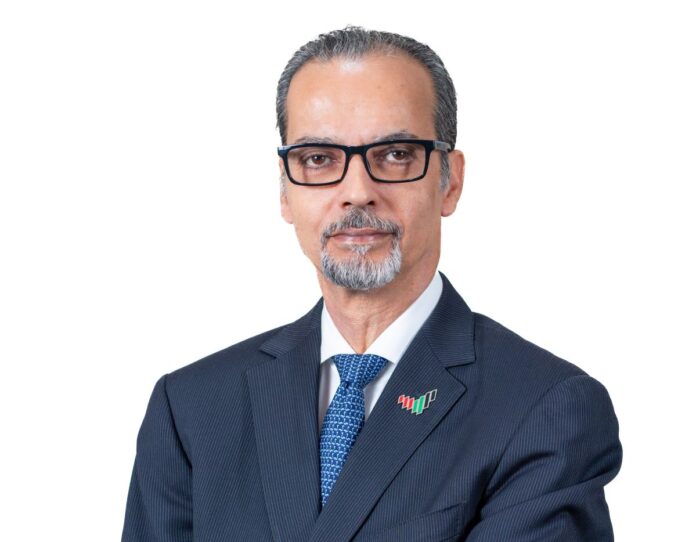Countries across the GCC, particularly UAE, are undergoing a profound transformation in their financial landscape, driven by rapid advancements in digital technology, characterised by early adoption of various evolving technologies, such as Artificial Intelligence (AI), open banking, enhanced payment security, and a shift toward digital-only banking solutions. In fact, the UAE witnessed a 35% increase in AI-related investments across fintech sectors in 2023, highlighting establishing it as the global hub for technological innovation and financial technology integration.
In 2024, the UAE continues to lead the way in financial innovation, driven by its strategic vision, early adoption of emerging technologies, and supportive regulatory framework enabling banks to streamline operations, automate routine tasks, and offer personalised services, significantly enhancing operational efficiency and customer satisfaction.
Satisfying customers’ desire for personalisation pays off, making this approach the future of digital banking. Global data show that unique experiences lead to a 40% higher revenue growth and lower customer acquisition costs. This is evident from the fact that the transaction value of digital-only banks in the UAE has grown exponentially, from USD 66 million in 2019 to USD 471 million in 2023.
The current year has been further underscored by a series of pioneering achievements, with the UAE launching the first Regulatory Sandbox to provide a safe environment for fintech innovation, introducing mBridge, the first blockchain-based cross-border payment system, built up from the success of its comprehensive digital banking framework launched in 2019, which set new industry standards. More recently, Central Bank of the UAE has successfully conducted the first pilot project for a Central Bank Digital Currency (CBDC). The country remains among very few global economies that have achieved these feats.
Open banking is another segment set to revolutionise the UAE financial sector, offering personalised financial services and greater control over financial data, fostering innovation, and improving customer service quality. Central Bank of the UAE’s (CBUAE) Open Finance Regulation, introduced earlier this year, is a groundbreaking move that positions the UAE as a global pioneer by establishing a unified trust framework enabling secure and regulated access to financial data across various sectors.
The CBUAE has launched several initiatives to support the development of futuristic banking infrastructure. In addition to regulatory sandboxes, initiatives like accelerator programmes, tech-startup hubs, and projects like Financial Infrastructure Transformation (FIT) are further being implemented to enhance the financial ecosystem and improve banking infrastructure. Banks in the UAE are also actively integrating sustainability into their business strategies, offering green finance, investing in renewable energy projects, and promoting sustainable finance initiatives.
Furthermore, the UAE’s strategic adoption and prioritisation of cybersecurity exemplify the country’s commitment to leading in digital banking and technology-driven economic development.
That said, there are a few areas that UBF and its members are working to enhance, especially in improving access to siloed data, which is among the top data priorities for the financial sector. With advancements like digital lending, embedded finance, AI assistants and other platforms unfolding, reducing risk, integrating data from disparate sources, and ensuring data consistency and accuracy can be challenging. Hence, the central bank’s future vision also focuses on data management and integration strategies to efficiently leverage evolving technologies’ full potential.
Looking ahead, the UAE’s banking sector is poised to capitalise on emerging trends, driven by the CBUAE’s Financial Infrastructure Transformation (FIT) Programme and its vision to sustain an advanced, modern, future-ready financial system across the UAE. Meanwhile, the country’s commitment to innovation and its adaptive regulatory environment will be vital to maintaining its leadership as a global financial hub.











